In the quest for better health, it’s easy to fall for diet advice that sounds smart—until it backfires. From skipping carbs to guzzling juice cleanses, many “healthy” rules are more hype than help. These trendy tips might seem like shortcuts to weight loss or wellness, but they could actually be stalling your progress, messing with your metabolism, or simply making eating way more stressful than it needs to be. Before you cut out bananas or start fasting for 20 hours a day, check out these 22 so-called healthy diet rules that might be doing more harm than good.
1. Juice Cleanses Detox Your Body
The idea that drinking only juice will “cleanse” your body is more marketing than medicine. While juice can be hydrating and packed with vitamins, juice cleanses lack fiber and protein, which are essential for satiety and energy. Your liver and kidneys are already hard at work detoxifying naturally—no liquid reboot required. Extended juice fasts can lead to fatigue, muscle loss, and even blood sugar crashes. Instead of sipping your way through another cleanse, focus on whole foods, adequate hydration, and balanced meals to support your body’s natural detox system without putting it under unnecessary stress.
2. Earn Junk with Exercise
Exercise should never be treated like a punishment—or a pass—for what you eat. Thinking of workouts as a way to “earn” food or “burn off” indulgences can lead to a toxic relationship with both movement and meals. While physical activity supports overall health, it’s not a free pass for poor nutrition. A candy bar can easily undo the calorie deficit of a workout, and focusing solely on numbers can backfire. Instead, move your body because it feels good and fuels your goals, not because you’re trying to “buy” a cheat snack.
3. Shame Leads to Weight Loss
Negative self-talk doesn’t build long-term motivation—it chips away at your confidence and well-being. Weight loss fueled by shame rarely lasts, and it often leads to disordered eating, binge cycles, or emotional withdrawal.
Studies show that self-compassion and body acceptance are far more effective motivators for making lasting health changes. Being kind to your body doesn’t mean giving up on goals—it means building a foundation strong enough to sustain them. Swap out shame for support, and you’ll be surprised how much more consistent and positive your progress feels.
4. LCHF is Weight-Loss Magic
Low-carb, high-fat (LCHF) diets can work for some people—but that doesn’t make them the best choice for everyone. Cutting carbs may lead to quick water-weight loss, but long-term success depends more on consistency and nutrient quality. Plus, LCHF plans often limit fruits, legumes, and whole grains—foods linked to better heart health and longevity. There’s no magic in one single approach. If you feel good eating more fat and fewer carbs, go for it—but don’t feel pressured to follow a trend that doesn’t fit your lifestyle, taste, or long-term health goals.
5. Meat-Only Diets Are Healthiest
The carnivore diet is extreme, eliminating entire food groups and vital nutrients. While some people report short-term benefits, this diet lacks fiber, vitamins, and plant-based antioxidants that support long-term health.
Eating only meat also raises concerns about heart health, especially with increased intake of saturated fat. There’s no solid research backing the idea that cutting out vegetables, fruits, grains, and legumes leads to optimal wellness. Variety matters. A balanced diet includes both plant and animal foods, supporting digestive health, immunity, and overall well-being.
6. Hard-to-Pronounce Means Dangerous
Don’t judge an ingredient by its syllables. Just because a word is long or hard to pronounce doesn’t mean it’s harmful. Many additives and vitamins sound like chemistry experiments (like cyanocobalamin, aka vitamin B12), but they’re perfectly safe and regulated. This myth promotes food fear and can push people toward unregulated products with vague “natural” claims. Focus instead on the overall quality of your diet. A balanced meal with a few hard-to-pronounce ingredients is still far better than one packed with added sugar and sodium—even if it sounds simple.
7. Calories Don’t Matter at All
Some influencers claim that as long as you eat “clean,” calories don’t matter—but science says otherwise. While obsessively counting every bite isn’t necessary, energy balance still plays a major role in weight management. Even nutrient-dense foods can lead to weight gain if consistently eaten in excess. That said, not all calories are equal: 200 calories of soda and 200 calories of almonds affect your body very differently. The goal isn’t to become a calculator—it’s to become mindful. Pay attention to portion sizes, choose foods that nourish and satisfy, and understand that both quality and quantity work together for better health.
8. Eat Constantly to Stay Balanced
Eating every few hours might seem like the best way to keep your metabolism humming and blood sugar steady—but for most people, it’s unnecessary. The “six small meals a day” rule may work for some, but others feel better with three balanced meals or even longer gaps between eating.
Frequent grazing can lead to overconsumption and may dull your hunger cues. Instead of watching the clock, tune in to your body. Eat when you’re genuinely hungry, stop when you’re satisfied, and focus on nourishing, filling meals. Listening to your body—not arbitrary rules—leads to more sustainable and satisfying nutrition habits.
9. Never Snack Between Meals
Snacking doesn’t deserve the bad reputation it’s earned in diet culture. When done intentionally, a snack can be a powerful tool to curb cravings, balance blood sugar, and maintain energy levels between meals. The key lies in the quality of your snack. A handful of chips may leave you hungry again in 20 minutes, but pairing protein, fiber, and healthy fats—like apple slices with peanut butter or hummus with veggies—can keep you full and focused. Instead of skipping snacks entirely, think of them as mini-meals. Smart, balanced snacking is part of a healthy eating pattern—not a mistake.
10. Meal Replacements Never Work
It’s tempting to dismiss meal replacement shakes or bars as gimmicky, but they can have a place in a thoughtful, well-rounded diet. For people with busy schedules or specific weight-loss goals, high-quality replacements can provide consistent nutrients, portion control, and convenience.
The key is using them strategically, not as a full-time substitute for real food. Look for options with protein, fiber, and minimal added sugar, and consider pairing them with fruits or veggies when possible. Meal replacements aren’t magic, but they aren’t worthless either. When used wisely, they can support—not sabotage—your health goals.
11. Carbs Are Always Bad
Carbohydrates have been unfairly demonized by diet trends, but not all carbs are created equal. Whole grains, fruits, vegetables, and legumes are packed with fiber, vitamins, and minerals your body needs. Yes, refined carbs like white bread and sugary snacks should be limited—but cutting out all carbs can cause fatigue, poor digestion, and mood swings. Carbs are your brain’s preferred fuel source, and they help regulate blood sugar when eaten with fiber and protein. Instead of banning an entire food group, focus on quality. Choose complex carbs that nourish and satisfy, not empty ones that spike blood sugar.
12. Eat Coconut Oil Daily
Coconut oil has been marketed as a miracle fat, but eating a spoonful a day isn’t a shortcut to better health. While it contains medium-chain triglycerides (MCTs), which may have some benefits, it’s also very high in saturated fat—more than butter.
The American Heart Association recommends limiting saturated fat to protect heart health. Using coconut oil in moderation is fine, but it shouldn’t be your go-to fat source. For everyday cooking, unsaturated fats like olive, avocado, or canola oil are better bets. A balanced approach to fats—rather than latching onto one trendy oil—is a smarter, heart-friendlier choice.
13. Bananas Are Sugar Bombs
Bananas often get labeled as “too sugary,” but they’re actually a nutrient-rich powerhouse. Yes, they contain natural sugar, but they’re also packed with fiber, potassium, vitamin B6, and antioxidants. The fiber helps slow down sugar absorption, keeping your energy more stable.
Unlike processed sweets, bananas come with a built-in nutritional package that supports heart health and digestion. Unless your doctor has advised otherwise, there’s no reason to avoid them. In fact, they make a great pre-workout snack or part of a balanced breakfast. Demonizing fruits because of sugar content ignores all the good they bring to the table.
14. You Need to Detox
The word “detox” gets tossed around a lot, but the truth is, your body already has a built-in detox system—your liver, kidneys, lungs, and skin. Juice cleanses, expensive teas, and detox diets may promise a clean slate, but they often lack essential nutrients and can even do more harm than good. There’s no scientific evidence that these products “clean out” toxins. Instead, support your body’s natural detox pathways by drinking water, eating fiber-rich foods, limiting alcohol, and getting enough sleep. Health doesn’t come in a bottle—it comes from consistent, sustainable habits your body can actually rely on.
15. Agave is Better Sugar
It’s easy to fall for the idea that “natural” sweeteners like agave or coconut sugar are healthier than regular sugar, but in reality, they’re still added sugars. While they may have trace minerals or a lower glycemic index, the difference is minimal.
Your body processes all sugars similarly, and consuming too much—regardless of the source—can contribute to weight gain, inflammation, and metabolic issues. Instead of trying to outsmart sugar with fancier versions, focus on reducing added sugars overall. Let fruit satisfy your sweet tooth when possible, and treat sweeteners of any kind as an occasional indulgence, not a health hack.
16. Big Breakfast Burns Fat
“Eat breakfast like a king” is a catchy phrase, but it’s not a magic rule. While some people benefit from a hearty breakfast, others don’t feel hungry until later—and that’s okay. Studies show that eating a large breakfast doesn’t automatically lead to weight loss and may even cause some people to consume more calories overall. What matters most is meal quality and timing that fits your lifestyle. A well-balanced breakfast can support energy and focus, but forcing yourself to eat early when you’re not hungry isn’t necessary. Let your appetite—not diet dogma—guide your morning routine.
17. Alkaline Foods Cure Everything
Alkaline diets claim that eating certain foods can change your body’s pH and reduce your risk of disease. It sounds logical—until you realize the science doesn’t hold up. Your body tightly regulates its pH regardless of what you eat.
While alkaline foods like fruits and vegetables are undeniably good for you, they’re healthy because of their nutrients—not their pH impact. There’s no solid evidence that “acidic” foods like meat or grains cause disease when eaten in balance. Focus on whole, minimally processed foods and diverse nutrients—not trendy claims that oversimplify complex biology.
18. No Food After 6pm
Cutting off eating at a certain time—like 6 p.m.—might sound like a smart strategy, but it doesn’t account for personal schedules, hunger cues, or daily activity levels. What matters most is what you’re eating and how much, not when. Eating late at night won’t automatically lead to weight gain unless it contributes to an overall calorie surplus or disrupts your sleep. For many people, a light dinner or healthy evening snack is part of a balanced routine. Rather than watching the clock, listen to your body. It knows better than the latest TikTok trend.
19. Cut All Sugar Completely
Going sugar-free sounds like a noble goal, but cutting out all sugar isn’t realistic—or necessary. Natural sugars in fruit, dairy, and vegetables come with fiber, vitamins, and minerals that support health. What really needs attention is added sugar—found in sodas, baked goods, and processed snacks.
Total elimination often leads to intense cravings, guilt, or unsustainable restrictions. A better approach? Be mindful of how much added sugar you consume, read labels, and enjoy treats in moderation. You don’t have to live in a sugar-free world to be healthy—just one that’s a little more balanced and a lot less extreme.
20. Only Calories Matter
Yes, calories matter—but they’re not the only thing that does. A 100-calorie cookie and a 100-calorie handful of almonds affect your body very differently. Nutrient density, fiber content, protein levels, and how full you feel afterward all play roles in health and weight. Relying on calorie counting alone can lead to choosing lower-quality foods that don’t actually nourish you. Instead, prioritize whole, satisfying meals made from real ingredients. When you focus on what you’re eating instead of just how much, you’ll find it easier to stay energized, full, and consistent in the long run.
21. Fast 20 Hours Daily
Intermittent fasting has gained popularity, but fasting 20 hours daily is extreme and not suitable for most people. Extended fasts can lead to low energy, irritability, and even nutrient deficiencies. While shorter fasting windows may offer benefits for some, they’re not the only path to health.
More important than when you eat is what you eat and whether your diet meets your needs. Extreme fasting often results in unsustainable habits or binge eating during non-fasting hours. If you’re curious about fasting, start slow—and talk to a health professional before diving into anything too restrictive or rigid.
22. All Processed Food is Bad
The phrase “processed food” gets tossed around a lot, often with a negative connotation. But not all processed foods are bad—some, like frozen vegetables, canned beans, and whole-grain breads, are nutritious, convenient, and budget-friendly. It’s ultra-processed, heavily refined foods loaded with sugar, salt, and additives that deserve caution. Cutting out all processed items is unrealistic and unnecessary. Instead, learn to read labels, understand ingredients, and aim for a diet that prioritizes whole, fresh foods while leaving room for smart convenience. Nutrition doesn’t have to be all-or-nothing—it should be about balance, practicality, and long-term sustainability.
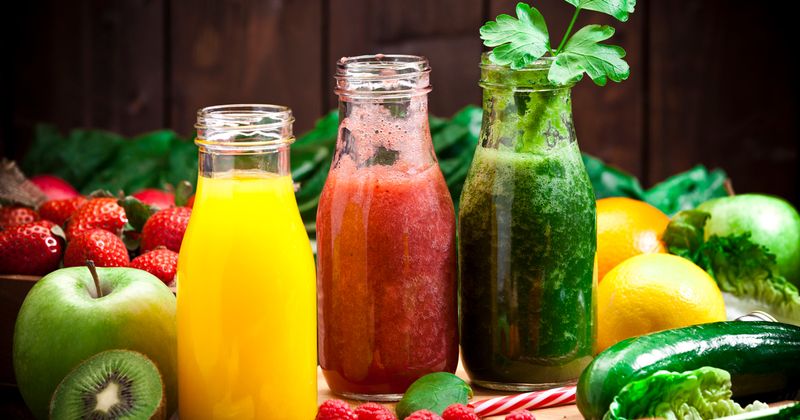

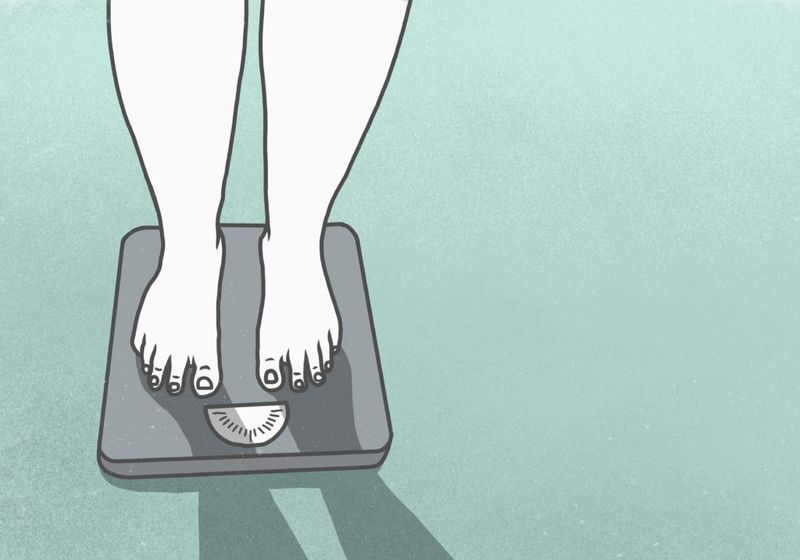
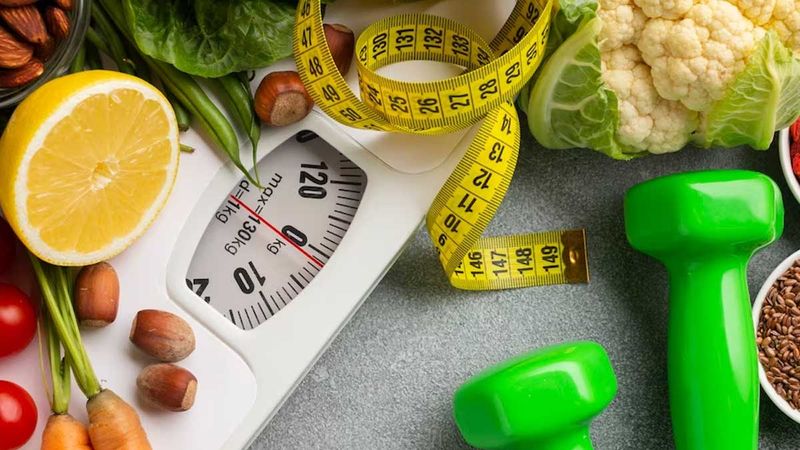
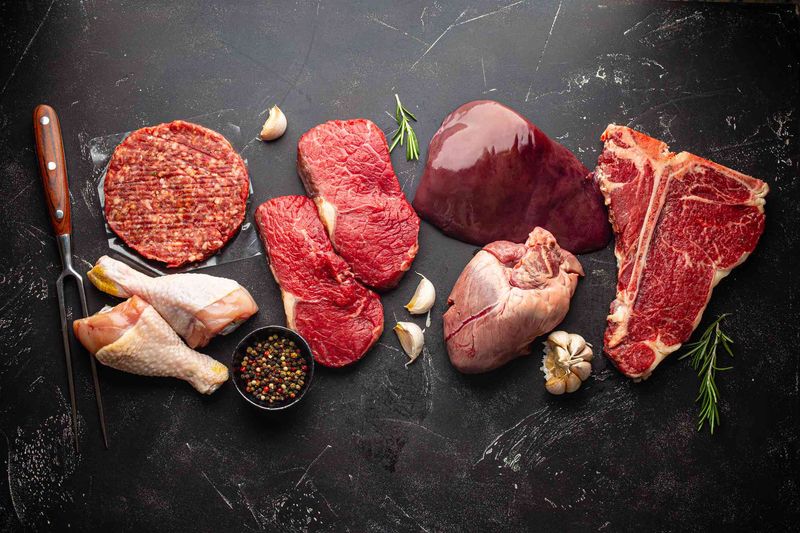
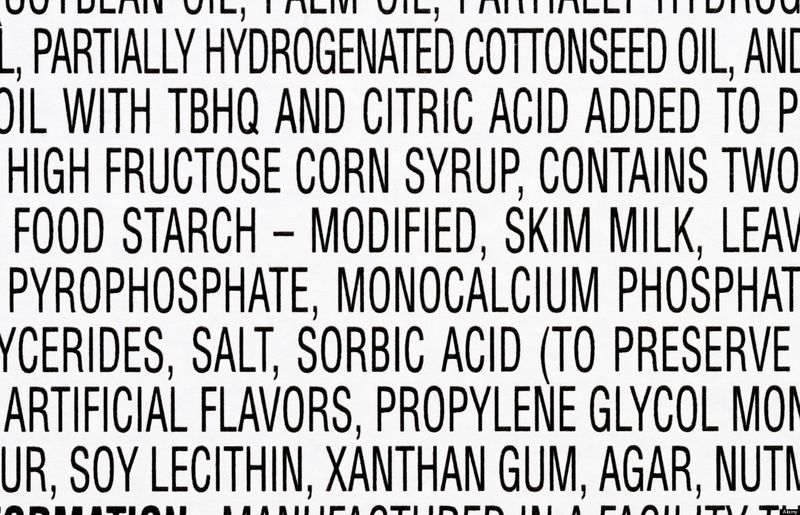




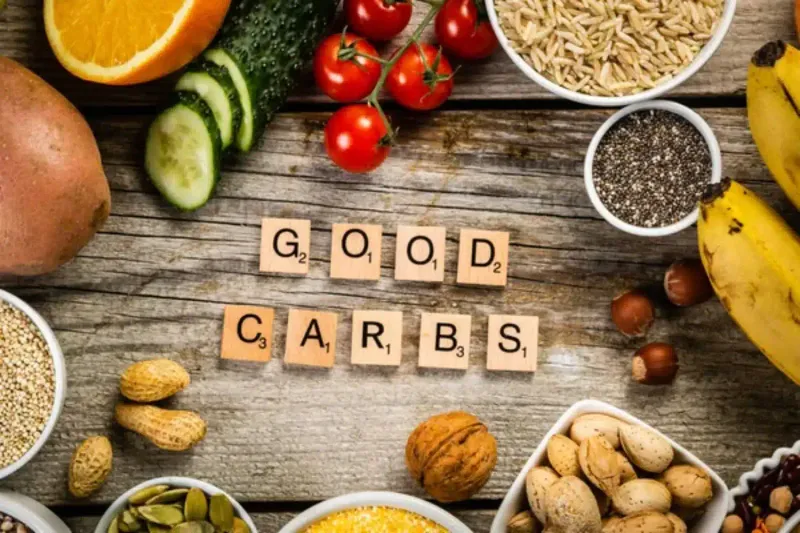
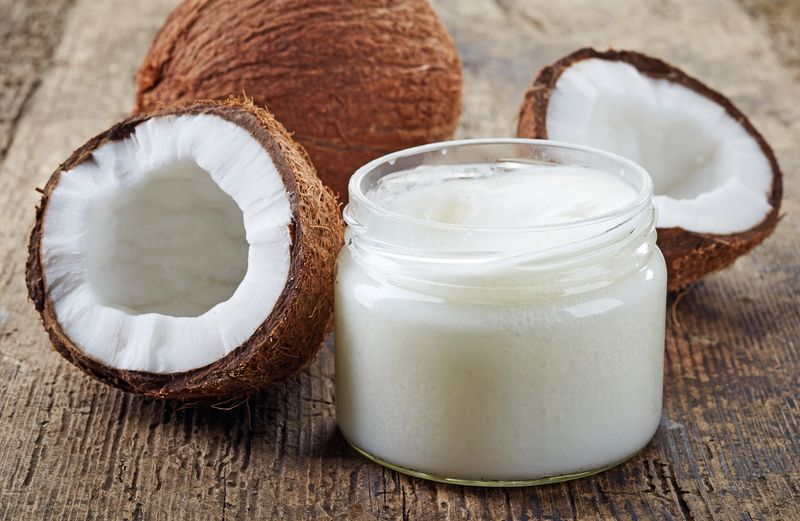

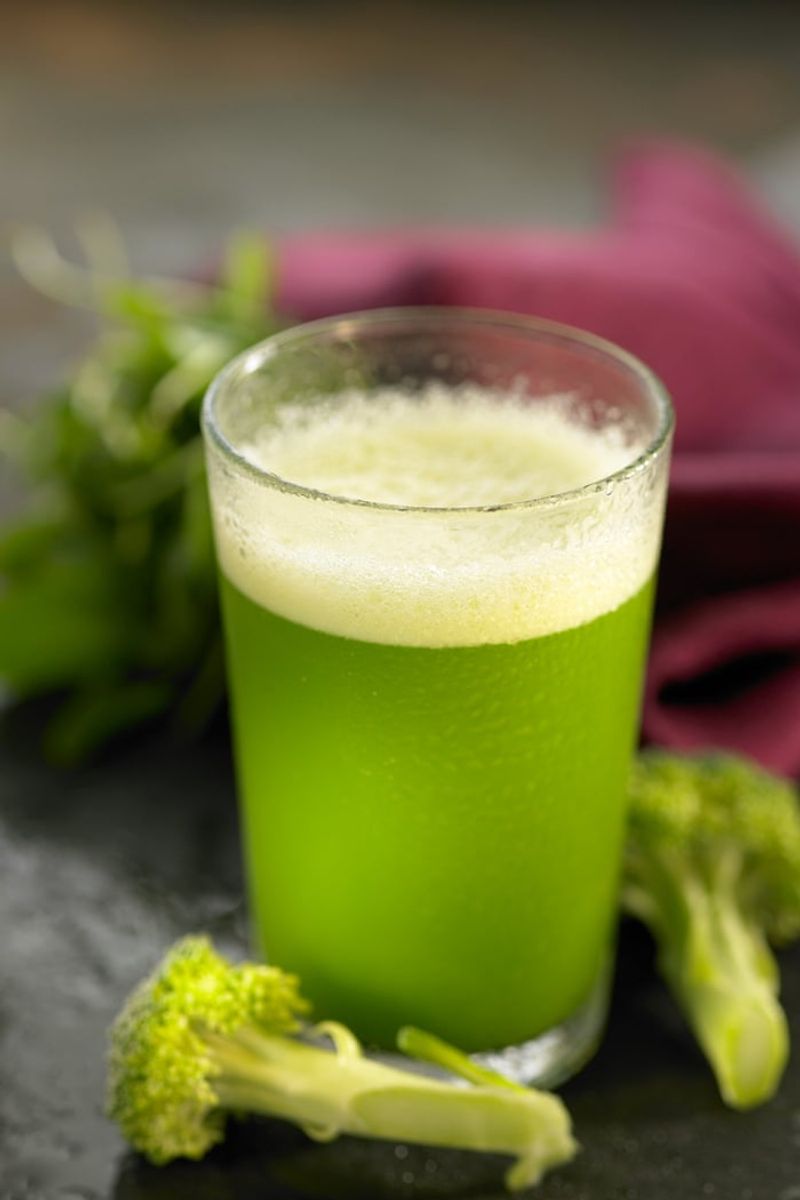


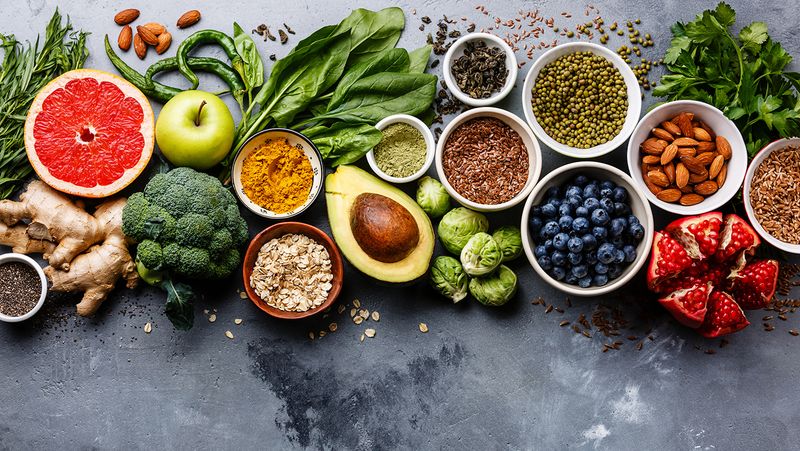


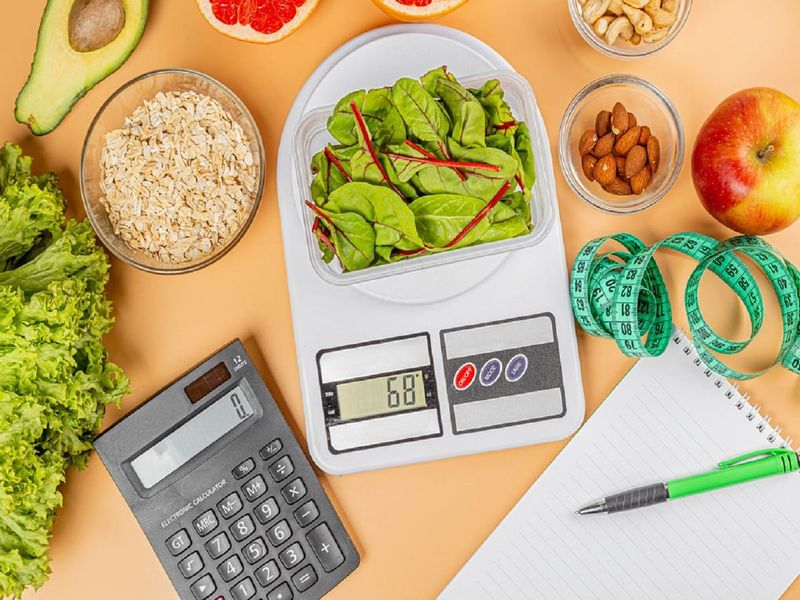

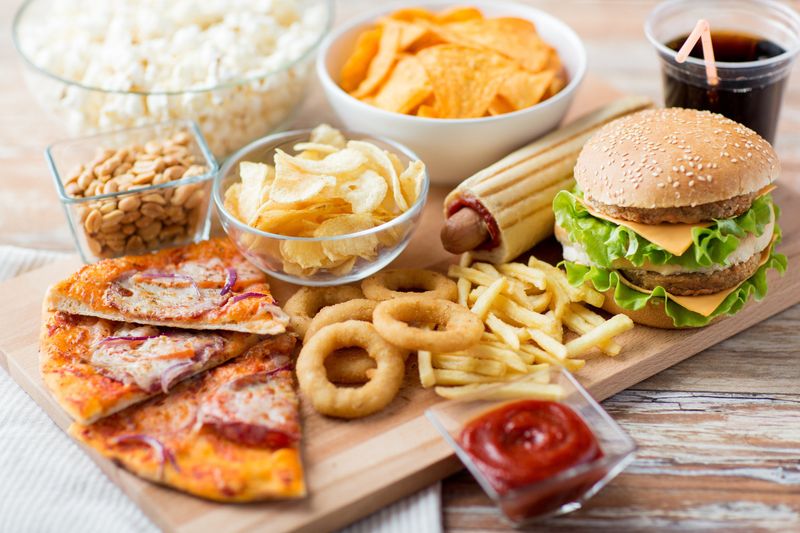
Leave a comment